Why do acne on my face itch? Usually itching is always associated with allergies. However, this is just one possible cause of skin irritation. Itching may be a sign of infection of the epidermis or a symptom of another pathology. It is impossible to diagnose yourself; you need to see a doctor and undergo an examination. Usually, after eliminating the cause, the acne gradually disappears and the itching stops.
Causes
There are many diseases that cause pimples on the face to itch. The causes of itching may be the following pathologies:
- allergy;
- infection of the epidermis;
- demodicosis;
- infectious diseases;
- skin pathologies.
In these cases, it is necessary to consult a doctor for diagnosis and treatment. Such diseases require the prescription of medications.
Why do acne on the face itch in a healthy person? Sometimes itching is not associated with any pathologies. The cause of discomfort can be stress. In this case, the itching goes away after eliminating emotional experiences.
Next, we will look in detail at the most common causes of itching.
Allergic reaction
Allergies are the most common cause of facial itching. Various irritating factors can provoke this condition:
- plant pollen;
- taking medications;
- certain types of food;
- cosmetics and skin care products;
- fur of cats and dogs.
And these are not all possible allergens. The list of irritants is quite extensive, and a person’s reaction to their influence is individual.

Allergies are characterized by small rashes that resemble blisters. The skin around the pimples becomes red, swollen and very itchy. In these cases, internal and external use of antihistamines is necessary. This will help reduce skin irritation.
Skin infection
There are times when, during treatment for allergies, a person suddenly notices that the pimples on his face itch even more. What does this mean? Most likely, pathogenic microorganisms were introduced into the skin when scratching. The underlying pathology is complicated by a bacterial infection.
Microbes can be introduced into the skin not only with allergies, but also with any diseases accompanied by itching and scratching: chickenpox, insect bites, and the presence of skin parasites. Therefore, you need to try to touch the rash as little as possible. To relieve discomfort, it is better to use antihistamines.
Skin infection is usually accompanied by the appearance of pustules. Red pimples with a white head appear. Under no circumstances should they be squeezed out; this will only worsen the situation.
A bacterial skin infection is treated with antibiotics. The doctor selects the required drug depending on the type of microorganism.
demodex mite
It is not uncommon for a patient to experience acne itching on his face at night. Why is this happening? Perhaps this symptom is associated with demodicosis. This is a parasitic disease caused by the demodex mite. It has microscopic dimensions, lives under the epidermis and feeds on the secretions of the sebaceous glands. Therefore, people with oily skin are especially susceptible to demodicosis.
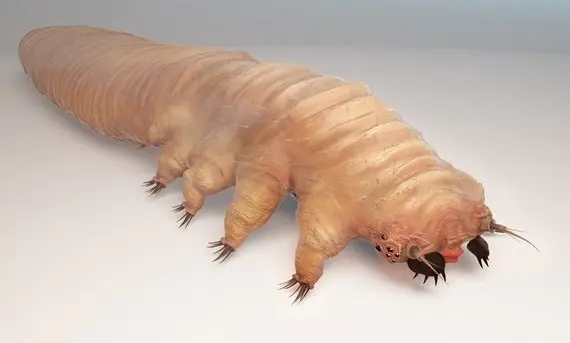
A tick can live under the skin for a long time and not show itself in any way. And only with a decrease in immunity do the following signs of the disease appear:
- The face turns red.
- Red pimples appear that are very itchy.
- The skin usually itches more at night and in the evening. During this period, the tick is especially active.
If you have such symptoms, you should consult a doctor and get tested for ticks. When the diagnosis is confirmed, special antiparasitic ointments based on sulfur, zinc and metronidazole are prescribed. They help destroy the parasite.
Infectious diseases
Why do acne on the face itch during infectious diseases? This is one of the signs of intoxication of the body. Chicken pox rashes are especially often accompanied by itching. In this case, small bubbles with liquid form on the skin. In people with sensitive skin, they may look like pustules. In this case, severe itching is noted.
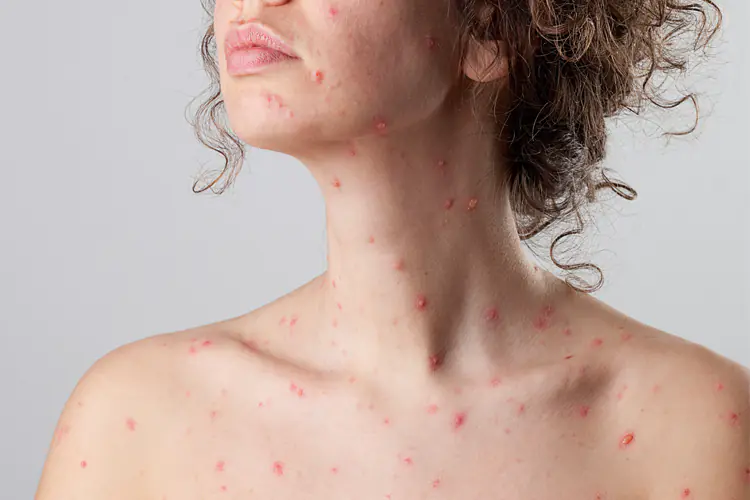
It is quite easy to recognize such diseases. They are always accompanied by a sharp deterioration in health, weakness and high fever. Itchy rashes are localized not only on the face, but also on different parts of the body.
In this case, antiviral and antibacterial drugs are prescribed. Rashes are treated with disinfectant solutions.
Skin pathologies
Quite often, pimples and itching are observed with skin pathologies such as dermatitis and psoriasis. In the first case, inflammation occurs on the skin. Bubbles and blisters appear. The skin appears red and swollen. Treatment of dermatitis consists of using hormonal ointments and following a special diet.
Psoriasis is a disease of autoimmune origin. The pathology is accompanied by severe itching. The rashes do not look like classic acne; they look like inflamed, scaly plaques. However, there is a pustular form of the disease, in which there is a blistering rash resembling pimples. Psoriasis requires persistent and long-term treatment. Prescribed drugs with corticosteroid hormones for oral and local use.
Stress
Often, after prolonged emotional experiences, a person develops pimples and an itchy face. Why is this happening? Frequent stress causes disruption of the immune system. Defense cells that normally fight infection begin to attack their own body. As a result, itchy rashes appear on the face and other parts of the body.

In this case, acne and itching may disappear on their own after the person calms down. For prolonged stress, the prescription of sedatives and psychotherapy sessions is indicated.
Treatment
Only a specialist can determine the reason why a person’s pimples itch on his face. Which doctor should I go to? In most cases, the patient needs the help of a dermatologist. This specialist specializes in the treatment of skin diseases. If the itching is caused by exposure to an irritating substance, you will need to consult an allergist. If the rash is accompanied by deterioration in health and fever, then you need to visit an infectious disease specialist.
The choice of treatment method depends entirely on the type of disease. All skin manifestations completely disappear only after their cause is eliminated. However, treatment can take a long time, and the itching is often painful. In addition, the rashes look unaesthetic. A person is not always able to endure a condition in which the pimples on his face are very itchy for a long time. How to treat such a symptom?
To relieve unbearable itching, doctors prescribe antihistamines for internal use:
Local ointments with antihistamines are also indicated:
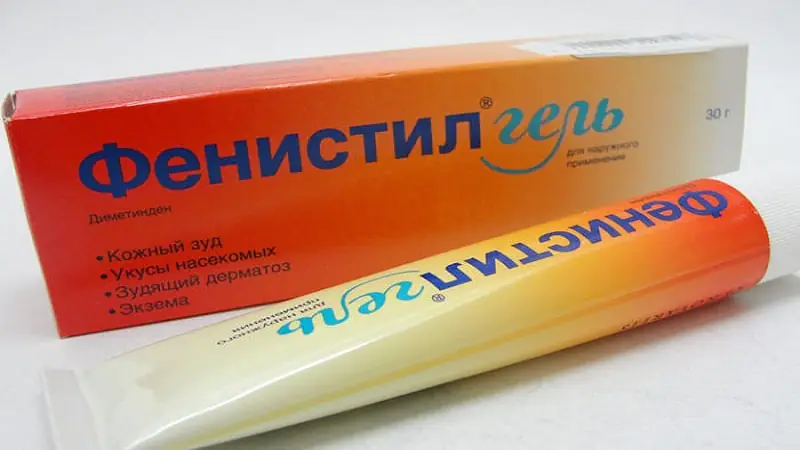
For severe itching, ointments with corticosteroid hormones are prescribed: prednisolone, dexamethasone, betamethasone. However, such products cannot be applied in all cases. For infectious diseases, corticosteroids are contraindicated, as they negatively affect the immune system.
Drug therapy can be supplemented with the use of folk remedies. The following methods will help relieve itching and soothe the skin:
- Applying ice. Cold helps reduce itching. You can make ice from decoctions of medicinal herbs: chamomile, calendula, string. A piece of frozen liquid should be passed over the affected areas several times. This procedure is repeated 2-3 times a day.
- Mint decoction. This product is very soothing to the skin. You need to soak the gauze in the broth and apply it to the affected areas. Keep the compress for about 15 minutes.
- Aloe juice. You need to wipe your face with this product 2 times a day. 10-15 minutes after the procedure you need to wash your face.
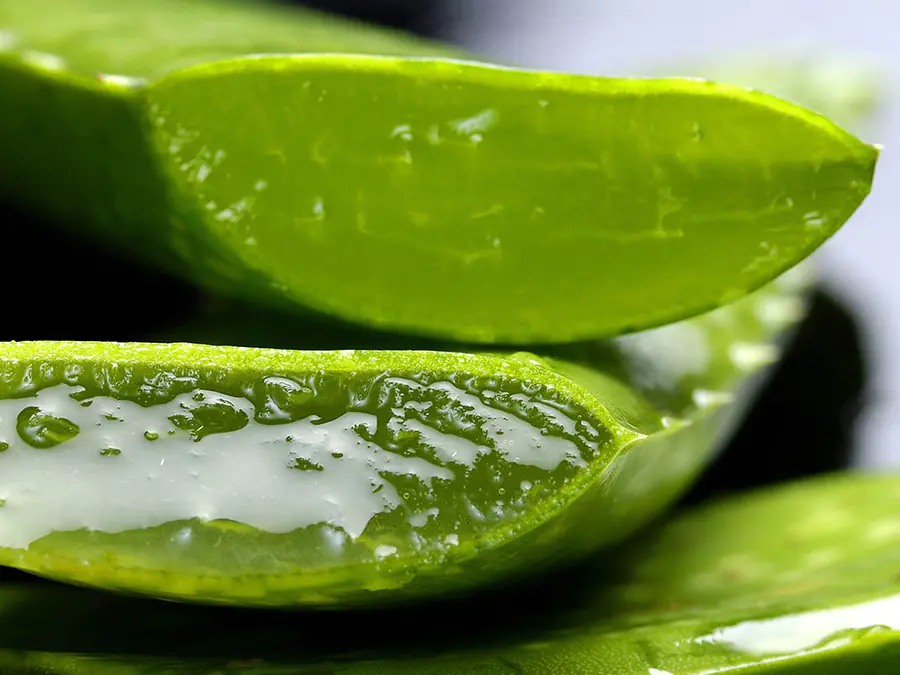
Prevention
To prevent the appearance of itchy rashes on the face, you must follow these recommendations:
- Avoid stress if possible and take sedatives if necessary.
- Avoid any contact with allergens.
- If pimples or itching appear, do not scratch the rash. Unpleasant sensations should be relieved with the help of antihistamines or traditional medicine recipes.
- Limit consumption of fatty foods. Such food promotes increased activity of the sebaceous glands, which can provoke demodicosis.
- If rashes and itching are accompanied by high fever and deterioration in health, you should consult an infectious disease doctor.
These measures will help prevent rashes and itching on the face.
Red pimples on the face and subcutaneous pimples are quite common. As a rule, this problem is of an aesthetic nature and rarely causes physical discomfort. Inflamed pimples may hurt when pressed, but in some cases, pimples on the face become itchy. If a rash on the skin of your face suddenly begins to itch, you should never scratch it. It is necessary to find out the cause of such discomfort and begin to eliminate it.
Why does itching occur?
If red pimples appear on your face, which also itch and itch, this is a reason to think about your health. Typically, a rash on the face appears due to clogged pores and infection. This phenomenon is not surprising for those with oily skin and in adolescence, but the occurrence of acne in an adult is not the norm.
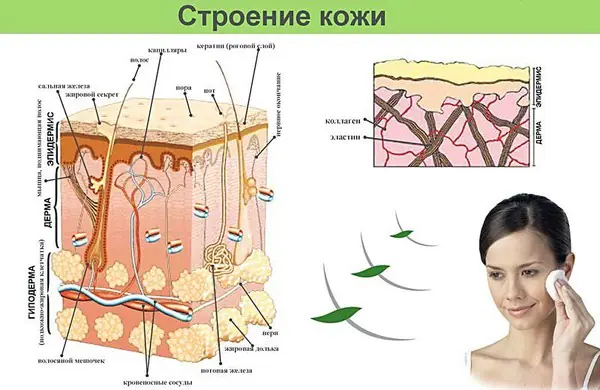
If you have a subcutaneous pimple or pimples all over your face and forehead, determining the cause of the sudden rash will help determine why they are itching.
Among the reasons why acne on the face itches are:
- allergic reaction;
- skin infection;
- disruption of the nervous system;
- microtrauma of the skin.
An allergic reaction explains the sudden appearance of a rash on the face in a patient with skin not prone to rashes. In this case, itchy pimples on the face are not associated with the activity of the sebaceous glands, but with the action of the allergen. An allergen can be:
- synthetic fabric;
- aggressive fabric dye;
- new cosmetics;
- some food products;
- washing with hard water.
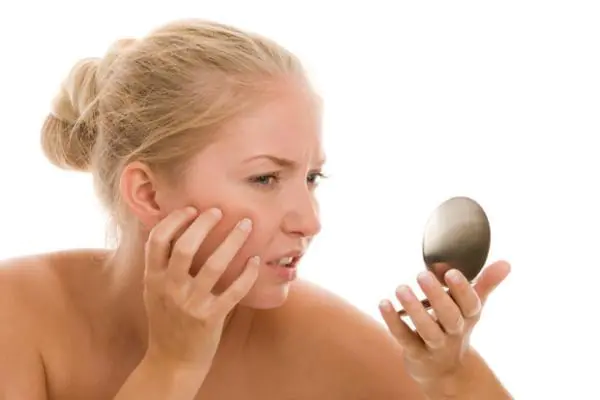
Most often, an allergic rash on the face appears as a result of purchasing new bedding. If the pillowcase is made of synthetic materials, dyed with low-quality dye, an allergic reaction often occurs in the form of an acne-like rash.
Another common facial skin irritant is cosmetics. If a patient has recently changed their skin care product and has experienced an allergic reaction, it is likely that some component of the formulation is an irritant.
Allergies can also occur in response to frequent washing or washing with hard water. It should be remembered that if your face suddenly itches and acne quickly appears, this is an allergic reaction.
Infection can also cause itching. This is usually observed after carelessly squeezing out a pimple. A characteristic symptom of a skin infection is that the pimple does not go away, looks inflamed and itches.
Often the appearance of acne and sudden itching of the skin appears against the background of stressful situations, neuroses and sleep disturbances.
Treatment of allergic rash
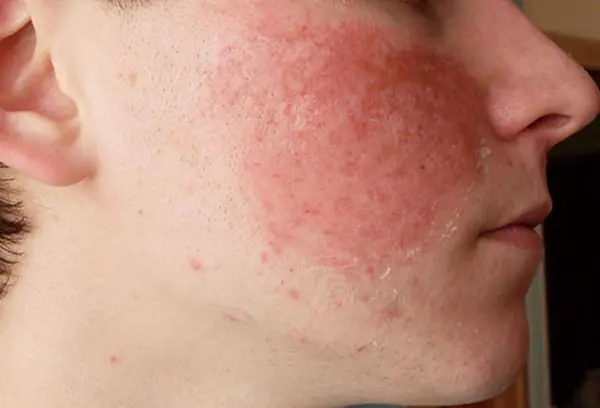
If the acne on the face itches, and the patient is sure of the allergic nature of such a reaction, first of all it is necessary to get rid of the irritant. You should carefully analyze the situation and think about what caused the allergy. Usually it is enough to interrupt contact with the allergen and the rash will soon go away without treatment.
Antihistamines will help relieve itching and discomfort. These tablets also help relieve swelling of the skin that often accompanies a rash.
To make the rash go away quickly, it is recommended to treat it with zinc or salicylic ointment. This will not only speed up skin regeneration, but will also help prevent infection from accidentally scratching the rash.
During treatment, it is important to normalize the diet so that it does not contain allergenic foods.
If you are unable to identify the irritant yourself, you should consult a dermatologist.
Treatment of infected skin
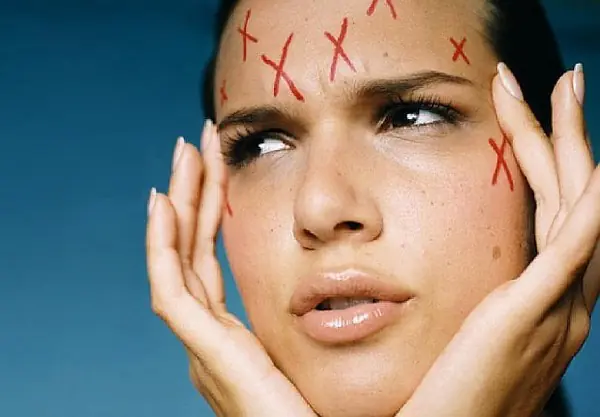
Infected skin appears inflamed, with large pustules present that hurt when touched. Most often, acne occurs on the forehead. If pimples itch, itch and hurt, in this case the patient must consult a doctor.
Extensive inflammation of the facial skin can lead to the formation of large pustules and cysts filled with pus. When such formations rupture, large wounds appear that heal over time. In their place, rough scars and cicatrices appear, which are almost impossible to get rid of.
To treat this form of the disease, the patient must use ointments with antibacterial components in the composition. Treatment is often supplemented with antibiotic tablets. In this case, only a doctor can select medications. You should not take antibiotics on your own, as this may worsen the situation due to the wrong choice of medications.
At home, the only thing the patient can do is to provide protection against further spread of infection and thereby avoid the appearance of new acne. To do this, it is necessary to treat the skin with antiseptic solutions and ointments.
Even if you really want to scratch the inflamed skin, you absolutely cannot do this, so as not to spread the infection to healthy areas of the skin.
What to do when stressed?

Often, rashes and itching on the skin appear due to stress and overwork. In this case, it is not the symptoms that need to be treated, but the cause itself, which is nervous tension.
The patient is shown healthy sleep, as well as a balanced diet, walks in the fresh air and positive emotions. If you have problems sleeping, your doctor may recommend taking sedatives.
What to do if a pimple itches, in this case depends on how many rashes there are on the skin. As a rule, the itching goes away on its own after its cause is eliminated, but acne will have to be dealt with with medications.
It is very important to prevent infection from accidentally scratching acne. To do this, it is recommended to treat your face with antiseptic lotions. You can reduce the number of rashes using special drying agents for local application.
The simplest and most affordable preparations for treating the skin are zinc paste, salicylic ointment and boric acid solution.
If the itching does not go away for a long time, and the number of acne does not decrease, you should definitely consult a dermatologist about further treatment.
Pustules do not always itch, and therefore it is important to know why pimples on the face itch. Perhaps there is nothing critical about this. But, nevertheless, itching speaks of certain processes occurring in education. Sometimes it is better to seek professional advice.
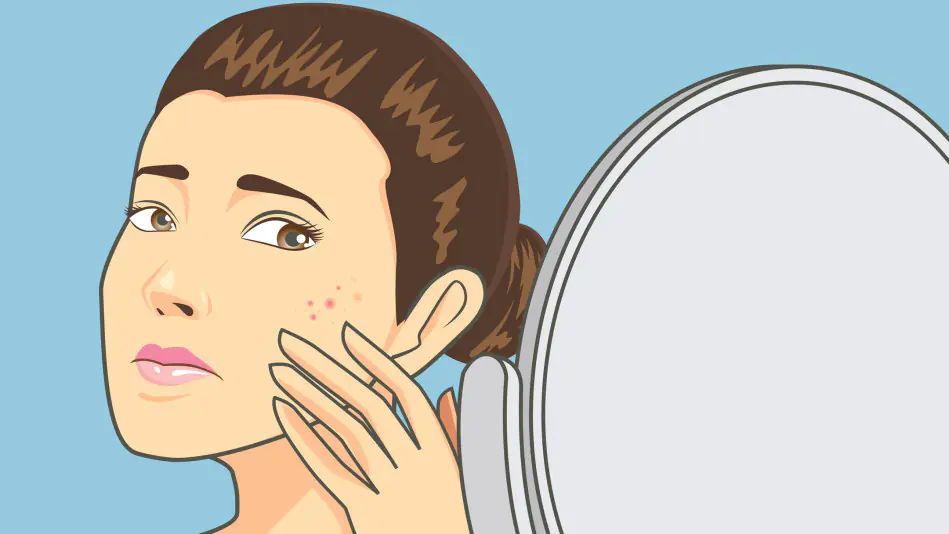
Causes of itching
There are a number of factors that can cause the problem. Among them:
- parasites;
- dryness of the epidermis;
- diabetes;
- infection;
- dermatitis;
- improper skin care;
- stress;
- cancer.
They also itch from too much cosmetics, allergies, tanning, and even bad habits. It is not always possible to determine the cause. Moreover, even a dermatologist will not make a diagnosis until he studies several tests.
Other causes of itching
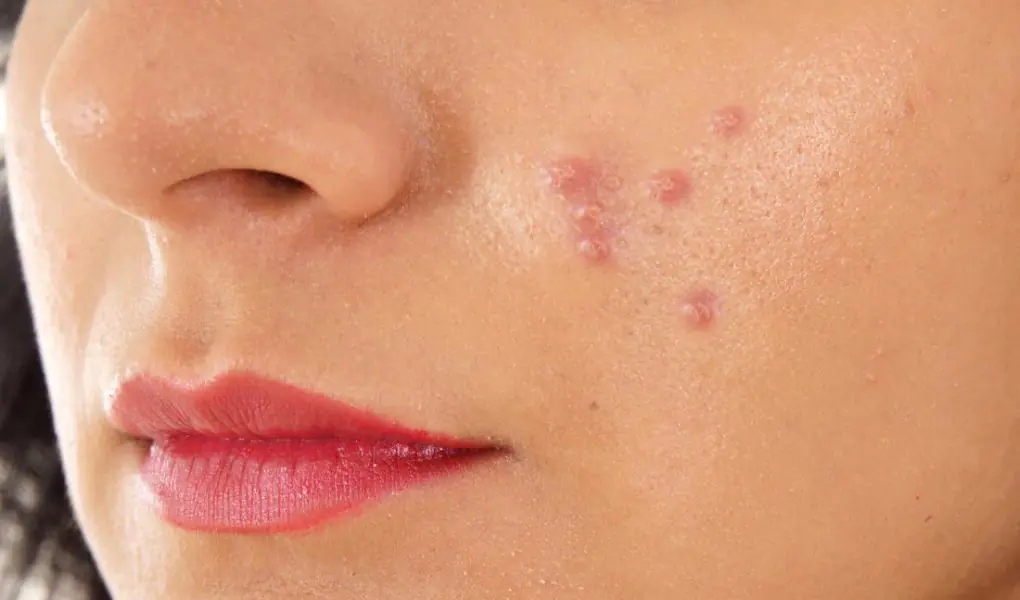
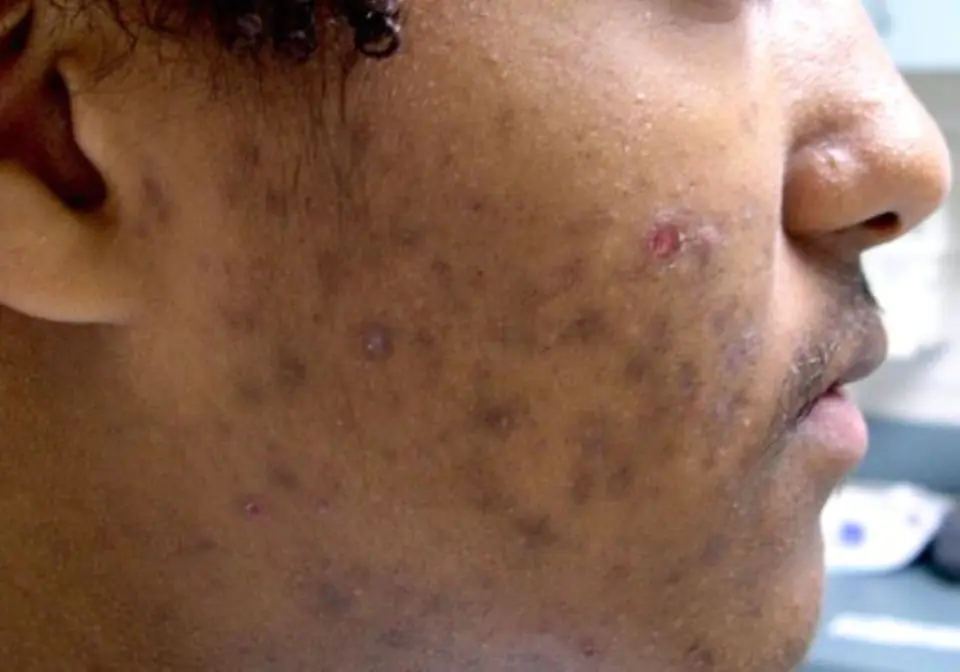
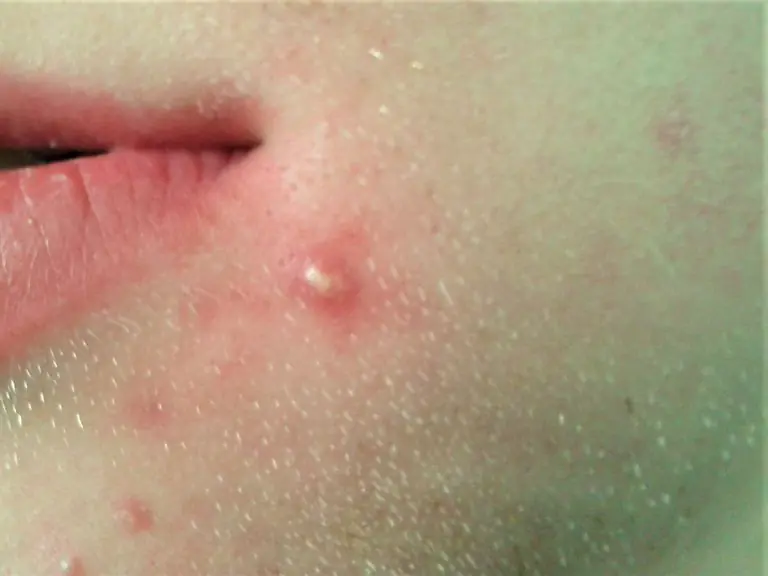
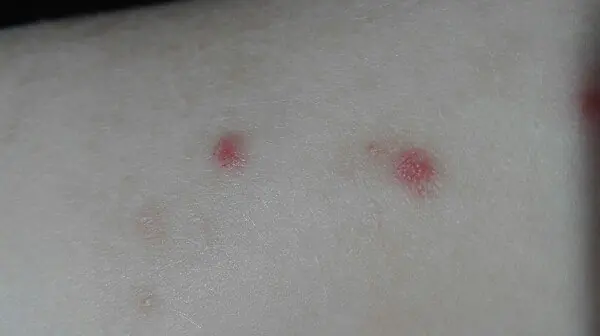
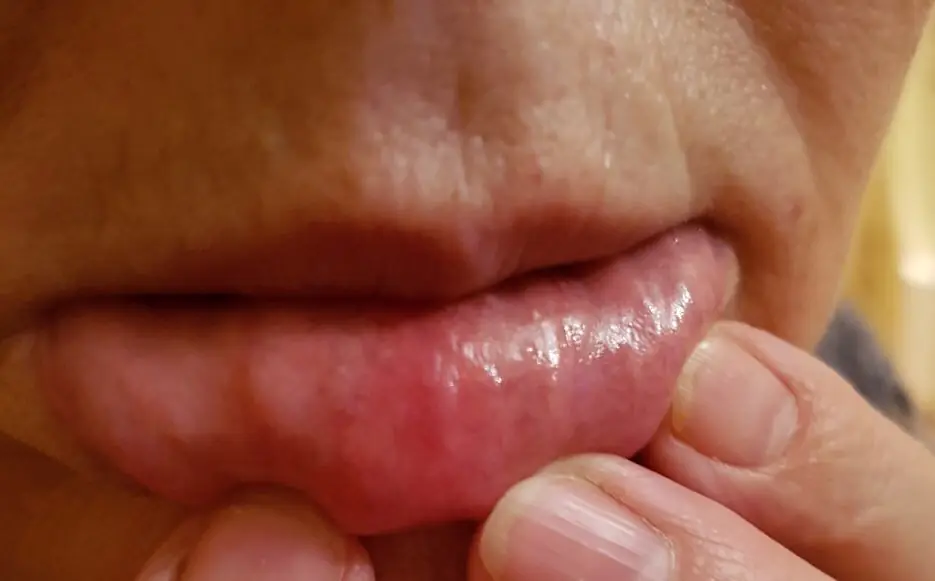
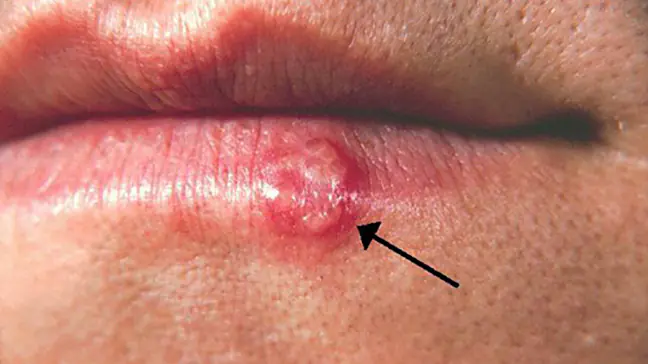
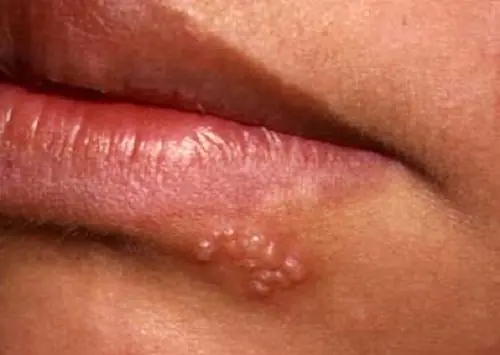
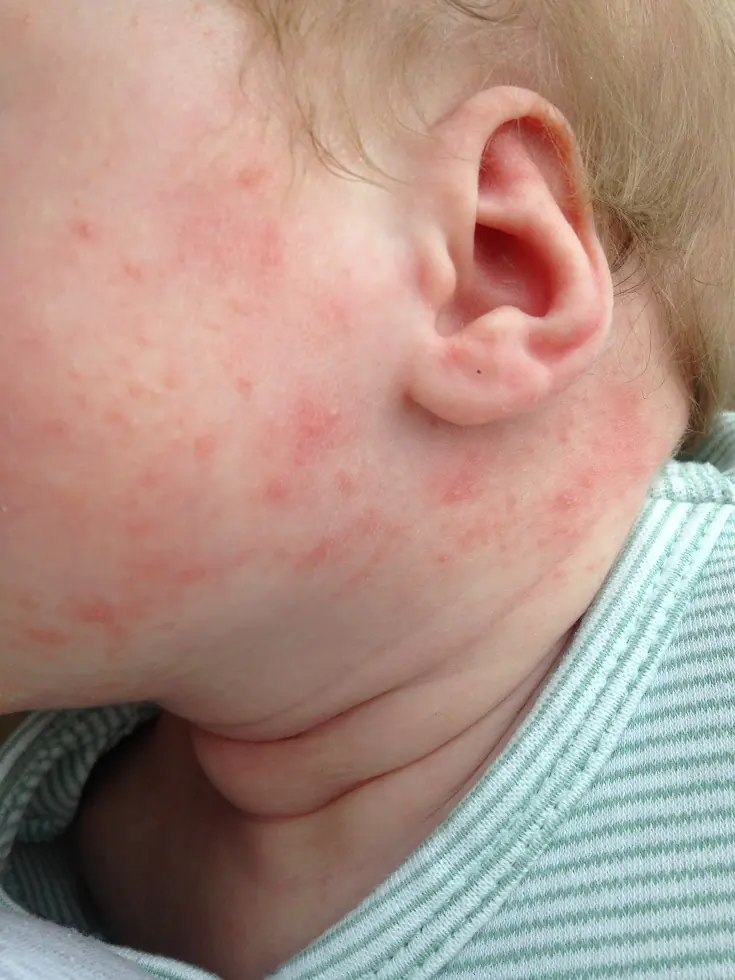
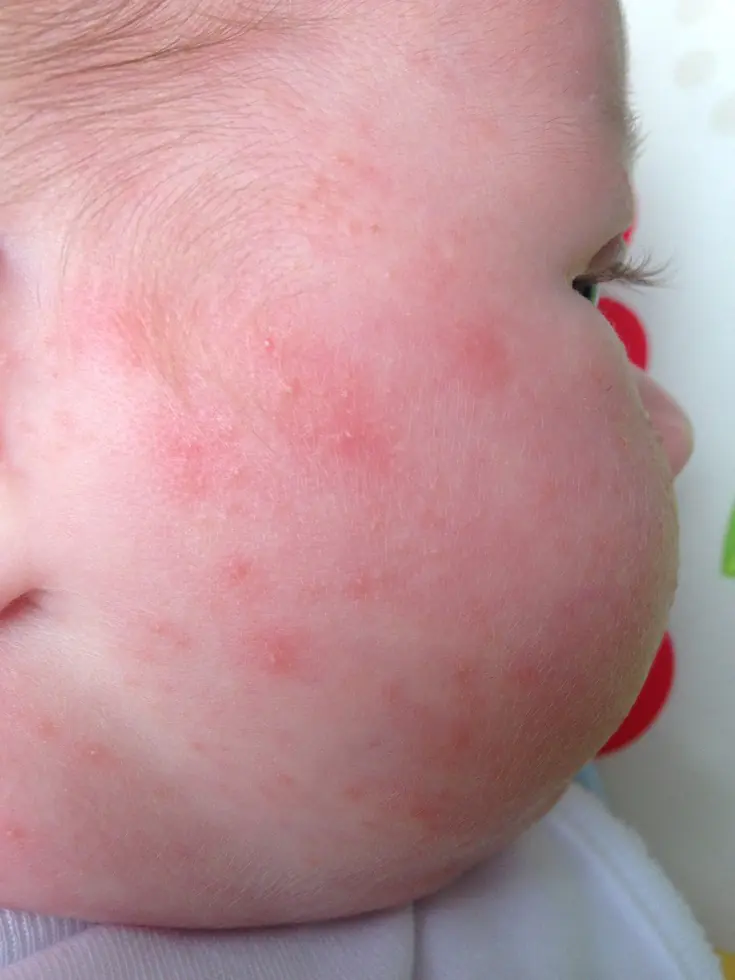
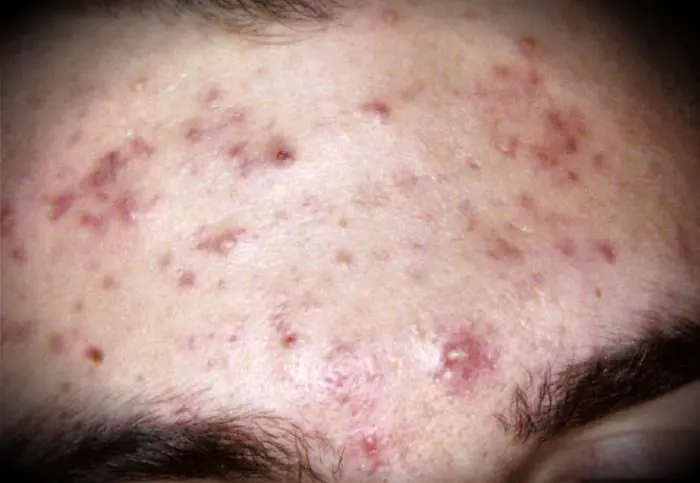
If you cannot see a doctor, carefully analyze the surrounding situation.
Indeed, among the reasons:
- items of clothing;
- dust;
- Food;
- medicines;
- chemicals;
- animals.
The thesis that all diseases are caused by nerves is an exaggeration, but there is some truth in it. Among the causes of diseases, including itchy formations on the face, stress occupies a prominent place. Yes, they may not be the main cause of a particular disease, but they reduce the body’s immunity and undermine health.
Finally, a very common cause is squeezing pimples. It is clear that sometimes you just want to remove an unsightly and unpleasant object on your face, but you can’t do this. With such a careless approach, an infection is introduced into the blood, and this can lead to various consequences, including tragic ones.
Formations that arose for an individual reason deserve special attention. For example, one of the reasons is psoriasis. And in this case, the source of the itchy formations is first treated, after which this trouble will go away by itself.
Treatment
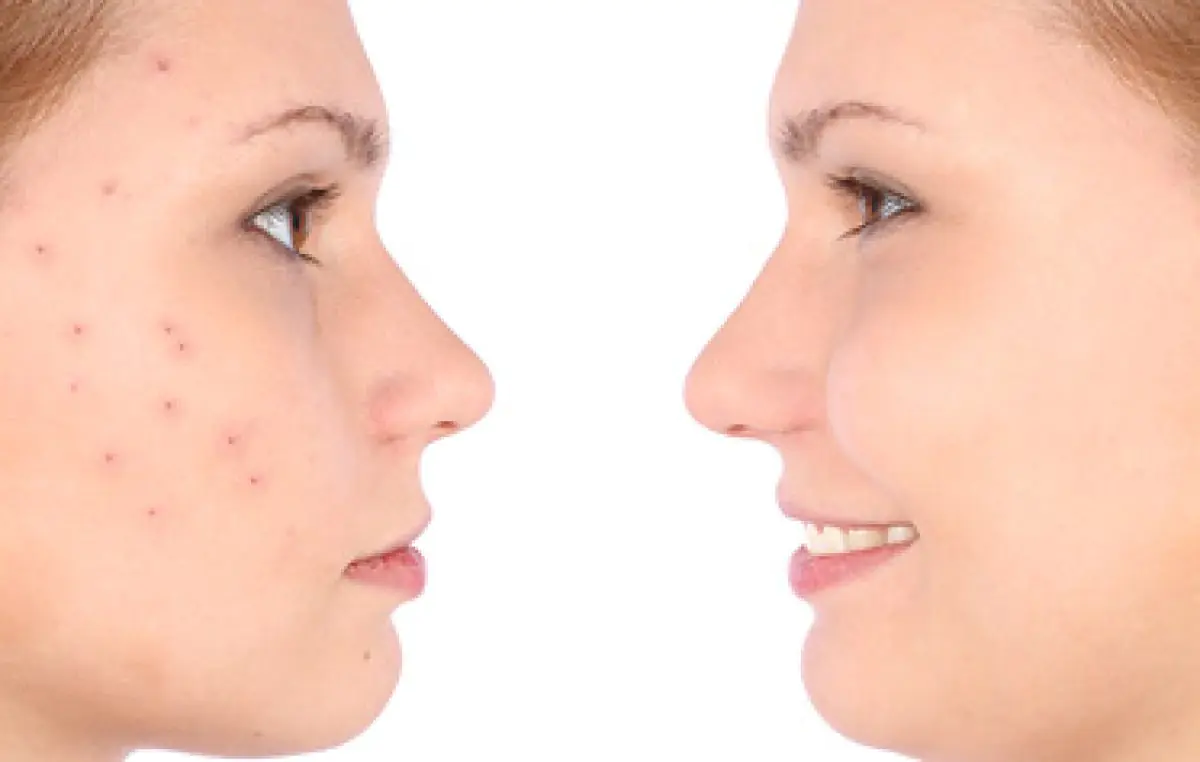
When the skin becomes infected, hypoallergenic agents are used. Among them are those containing calendula, chamomile and aloe. It is clear that the place is first disinfected. Suitable medications are those that will not damage the delicate skin of the face, will not aggravate the formation, but will cope with the infection. It is better to consult a doctor here, since people's skin varies.
Professionals say that stress also causes itching. Moreover, such situations are not uncommon. As a treatment, it is recommended to simply calm down, not be nervous, indulge in pleasant thoughts and not touch the skin of your face. Perhaps this will be enough.
Elena Malysheva says: “There are three degrees of acne or pimples.” With the first degree, there are up to 10 problem areas on the face.
In this case, treatment is only external, with drugs:
- reducing sebum;
- against microorganisms;
- removing hyperkeratin.
In the second degree – from 10 to 40 pimples. Treatment is used both externally and internally. External preparations are drugs of the same type, and external preparations: for females - a hormonal contraceptive; for everyone - the antibiotic dopsicycline.
In the third degree - there are more than 40 formations. Treatment is more serious - drugs with akenolic acid derivatives are used. In this case, external treatment is not carried out. The drug Roaccutane is used. The product blocks the release of sebum from the glands, prevents microbes from feeding, and dries out the skin. Use only after doctor's prescription.
How a doctor can help
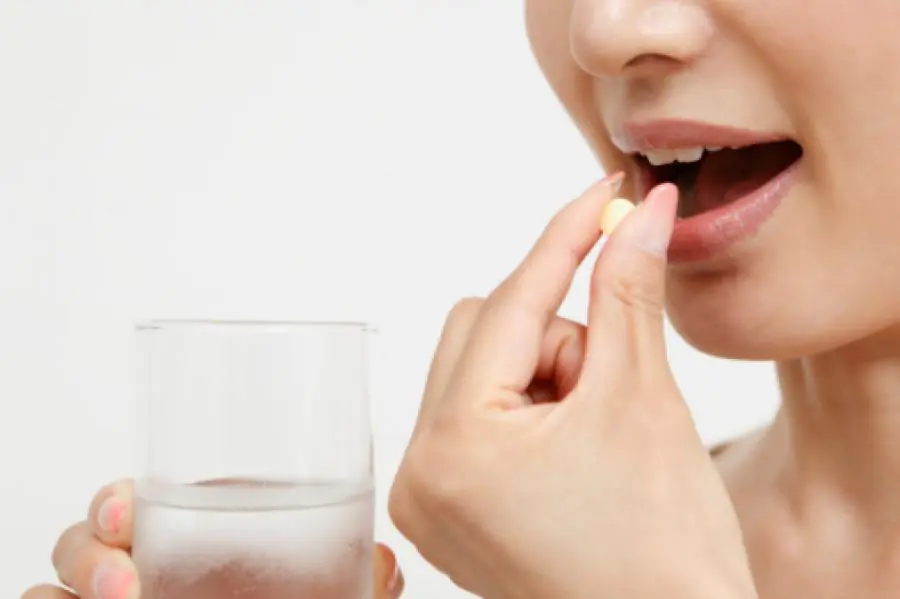
If demodicosis has led to trouble, contact a dermatologist. The latter takes a scraping of the skin, analyzes it and prescribes the treatment that is suitable for a particular situation.
For dermatological diseases, they also turn to a professional rather than self-medicate. Because it is better to prevent the disease faster, and it must be prevented correctly.
- Perhaps the most difficult and confusing case is when formations appear for no apparent reason and itch, preventing a person from living a normal life. After tests, it sometimes turns out that there is no reason as such. You have to order complex tests that will help you understand the problem. In this situation, it is especially important to keep records and record in them the changes that occur not only with the pimple, but with the entire body. Only then will it be clear what to do and how to treat it.
- If a pimple itches after using cosmetics or after using a cream, stop using such products. It is important to understand that the itching will not go away suddenly, but with a healthy lifestyle and the absence of provoking factors, the problem will disappear and is unlikely to bother you again.
- The appearance of small formations in large numbers is a reason to worry, especially if there is itching. It may be an infectious disease that can be transmitted to other people. In such a situation, the face is covered with acne. And if it is completely covered with formations, there is no need to think about it - they immediately go to the doctor.
- Usually, it is not difficult for a doctor to find out why the problem arose and how to deal with it. Therefore, it is impossible to answer the question of what is faster - to treat it yourself or go to the clinic and get a prescription for mash. Rather, it all depends on the seriousness. If the itching is mild, self-treatment is sometimes successful. Otherwise, the best option is a clinic. We should not forget about the consequences of incorrectly counteracting the disease or inaction. Fighting them sometimes takes a lot of time.
Prevention
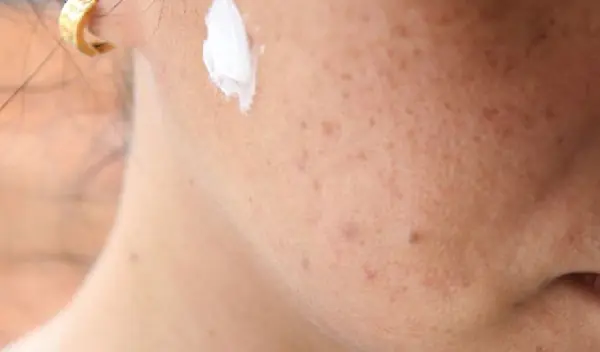
A healthy lifestyle can not only prevent acne itching, but even eliminate it. It is important that you sleep at least eight hours, eat correctly, and vitamins enter the body in the right quantities. An examination by a doctor will also not be superfluous, but it is better to go to clinics healthy and with a strong immune system, so as not to aggravate the condition with new diseases.
A common reason for itchy pimples on the face is a combination of poor hygiene, unhealthy lifestyle, habit of scratching pimples, and lack of stress resistance.
If you take these factors into account, not only will there be no acne and itching, but also other health problems. It is important to remember how important it is to go to bed on time. The optimal time is ten hours. It's better to wake up at six. “Owls” do not exist, there are only those who go against the biological mechanisms of the body.
Conclusion
Itchy pimples on the face are not uncommon and are usually not a serious problem. However, the discomfort that pustules cause is significant, especially if there are many formations. That is why it is better to quickly get rid of them in a competent way.



